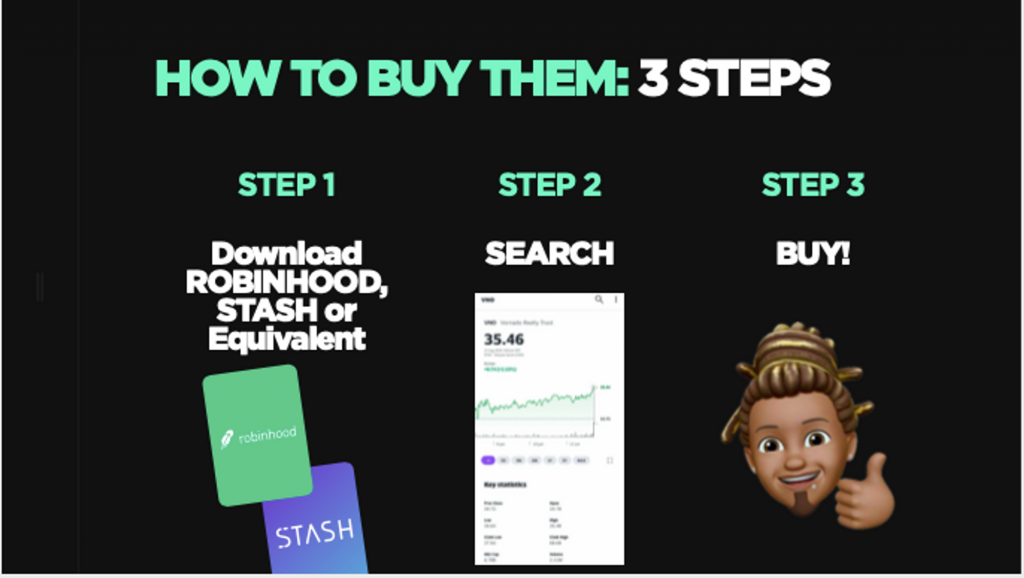In many markets right now, it can be really difficult to find quality deals through the standard real estate agent / MLS channel.
In fact, it’s so difficult that many investors have moved away from the MLS entirely for now.
There are a hundred ways to find deals off-market, but the easiest ways are through a real estate investor website, and direct mail marketing.
Today, we’re going to focus on direct mail marketing to tax delinquent properties.
Before we dive into how to find tax-delinquent property lists, let’s chat real quick about the basics of direct mail marketing.

The Basics of Direct Mail Marketing
In general, you want to find two or three channels where you source deals, then perfect them.
That advice is nothing new, but it’s also amazingly broad. For example, there are dozens of different types of direct mail options available. So, within this category, it’s best to niche down to a couple.
Here are a few that come to mind:
You get the idea.
Once you’ve chosen your niche, it’s time to build your mailers.
Creating Your Mailer
This is probably the easiest part but also the hardest.
It’s easy, because it doesn’t matter as much as you think. It’s hard because you think it matters more than it does!
It’s best to be professional, polite, put a picture of you on it, and give your contact information.
Be succinct and let the person know what you do.
It’s really that simple.
Sure, you can tweak it over time to see if different versions of a letter get a better response rate. But, the key for now is to just send something!
Consistency is Key
The biggest problem new investors face is lack of consistency.
Many people will send out a big blast, get disappointing with a 1% or 2% response rate (which is good actually), and stop mailing. But, the best deals won’t come until you’ve built up some kind of rapport with the potential seller.
That’s why you need to mail them over and over again, so your name becomes synonymous with a quick sell!
So, send a follow up letter or postcard, and don’t forget to reference the first letter. Tell them “I sent you a postcard about a month ago and I’m still looking to buy. I’d love to look at yours so give me a call.”
If you get no response, mail them again!
Commit to sending between 5 and 7 mailers to each address over 1 year. That is roughly one every other month.
How to Find Tax-Delinquent Properties
Most cities or counties will have a tax sale from time to time. Some do it monthly, quarterly, bi-annually, or even annually. The key is to learn how your city/county works with their tax sales, and adjust your strategy accordingly.
The next step is to get access to the list of tax delinquent properties. In some places it is available publicly from the city or county. In other places you’ll have to mine the information from online records.
In general, though, there are list providers in every state that do the legwork for you to find properties that are delinquent on taxes, and you can just buy the addresses. These can cost anywhere from 20 to 50 cents each in most cases depending on how much information you can get.
Once you have the addresses in hand, it’s time to send them your first letter.
Mailing to Delinquent Tax Lists
Remember, the owner could potentially lose their home to the tax sale, depending on how the state runs it. They should have been getting notices about it too, so they should be aware of the situation.
If someone like you comes in and gives them the opportunity to earn a little money rather than just lose their house, they’ll probably give you a call.
Letters should be straight forward and to the point. Tell them you are looking to buy and you want to buy now.
Postcards pretty much always get read, so you should convey a sense of urgency to them. Let them know you only have enough money to buy one property, and you want to close fast.
Humans are hardwired to take action when there is a sense of urgency, so you’ll get more calls if you convey that sense of urgency.

Talking to Delinquent Tax List Property Owners
When a delinquent tax owner calls you, it’s important to ask them about their situation and not their property.
Then, let them talk.
DO NOT INTERRUPT!
You should simply say things like “mmhmm” or “and then?” to keep the conversation going. It’s a sales trick. Most people will talk if there is a pause in a conversation. So, by being quiet you are forcing them to do the talking.
As you’re learning how to talk to tax-delinquent property owners, or any other seller for that matter, silence is key. You want them to tell you the problem and give away what exactly they are looking for. So, just stay quiet and take notes.
Once they’ve given up all their secrets about their motivations, it’s time to ask about the property. Ask them:
These two questions will help you know their motivation level.
If the property is potentially worth $200,000 and they want $185,000, then they probably aren’t that motivated.
On the other hand, if their tax-delinquent property is worth $200,000 but they are willing to take $110,000, you should follow up by asking when you can go take a look.
While it may or may not be a good deal, at least you know the owner is motivated enough to give a big discount. If the price, amount of work, and after repair value all work out, then you might have a deal on your hands!
Following Up Is Important
Most of the time it won’t work out, and that’s ok! Often, the seller just isn’t ready mentally to part with their property.
I remember once I made an offer on a 10 unit property for $500,000. The seller said no way.
4 or 5 months later I found a wholesaler advertising the property for $520,000. You know that wholesaler was taking $20,000+ on a deal of that size, so the seller was getting $500k or less for it.
I thought it was kind of crazy, because I had just offered that amount. The reality is the wholesaler followed up and I didn’t.
The seller wasn’t ready to sell at that price at that point. But, after a few months they were and I wasn’t there to get it.
So, make sure you are the one to follow up!
This article originally appeared on IdealREI. Follow them on Facebook, Instagram and Twitter.













You must be logged in to post a comment Login